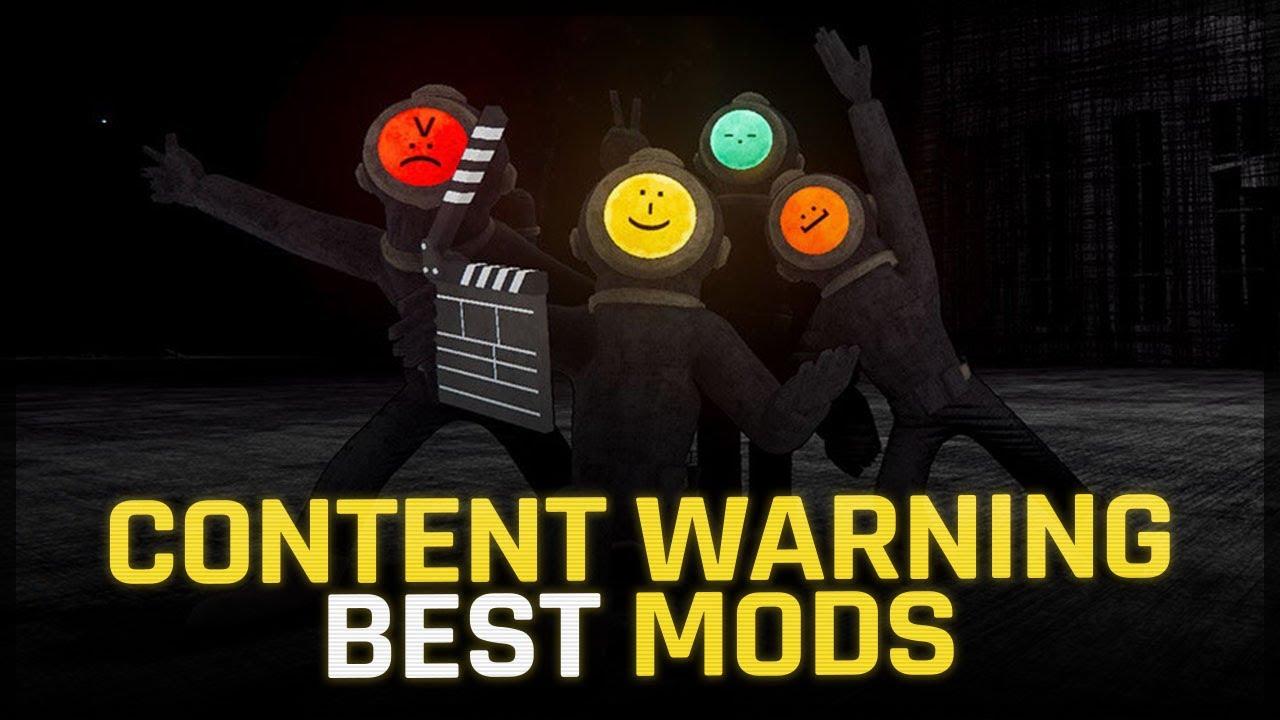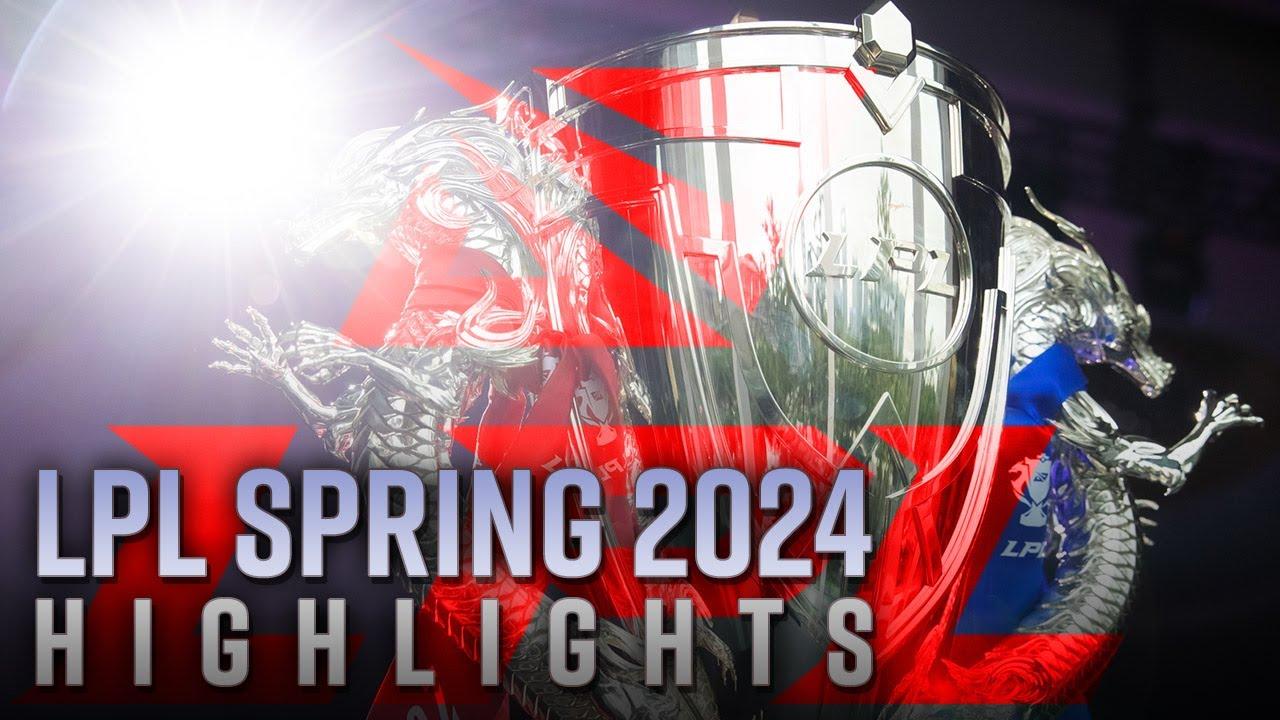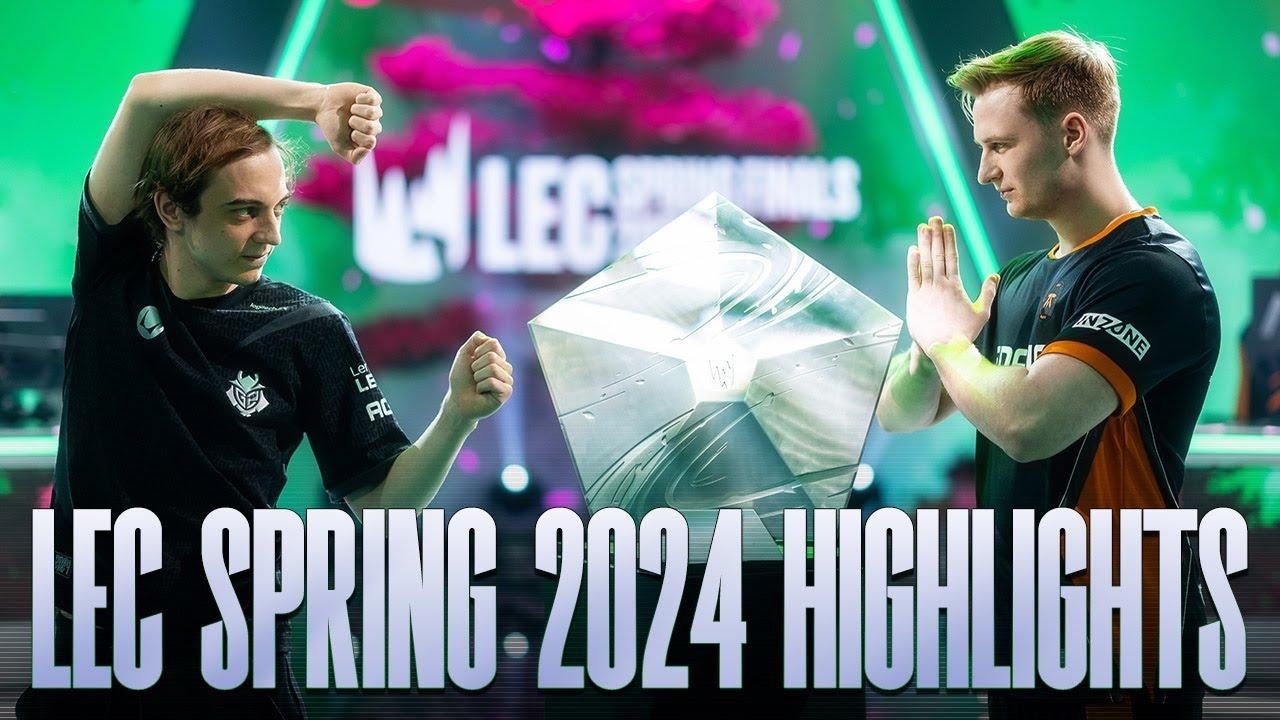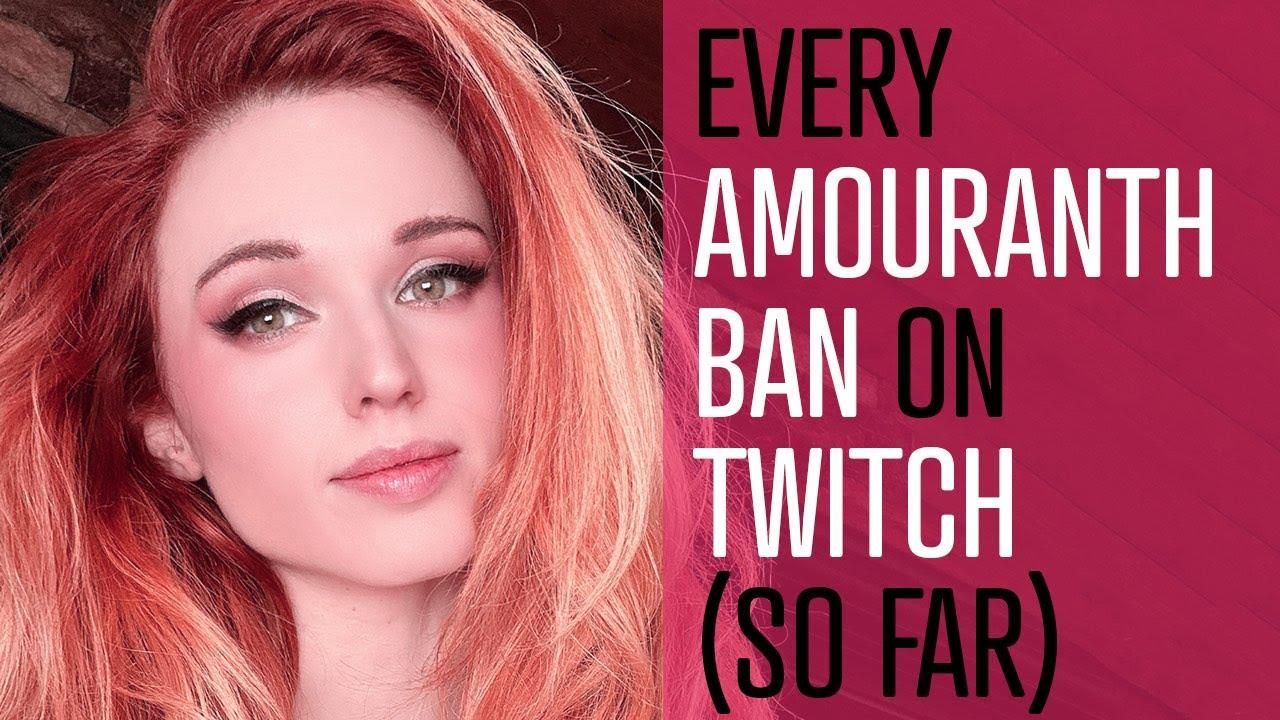
GODSENT explains why it’s going to ESL Pro League, not B Site
In an exclusive interview with WIN.gg, GODSENT CEO Ludwig Sandgren confirmed that the team would participate in ESL Pro League’s Season 11 over B Site, now announced as Flashpoint.
Sandgren emphasized that GODSENT was only given the option to join B Site’s Flashpoint league very recently, opening questions as to whether Flashpoint is having trouble filling its set number of franchised team slots.
Sandgren also offered his opinion on what the monetization of esports data means for the industry’s organizations while watching GODSENT compete in this week’s GG.BET ICE Challenge.
GODSENT retweeted ESL’s announcement showing ESL Pro League invites for Season 11. Between Flashpoint and ESL Pro League, have you and the team decided which league you’ll play in come March?
Sandgren: Yes, GODSENT has decided to be a part of ESL Pro League. The main reason was we got an invitation from [ESL] earlier than [we heard] about B Site. We had no relationship with Flashpoint or Cloud9 or the guys behind B site until very, very recently.
We’ve been talking to them, but also, you know, the [$2 million USD] buy-in to Flashpoint is not something we had budgeted for up until we pretty recently started to think about it.
So since it was so close together, it’s going to be the ESL Pro League. As of this point, we don’t have an invitation from B Site, I think.
You were the CEO of The Final Tribe esports organization and spearheaded its acquisition of the GODSENT brand in September 2019. What was it about GODSENT that drew you to it?
Sandgren: Well, I would call it serendipity a little bit. The word on the street was that GODSENT was coming back since Markus “pronax” Wallsten had just retired and it just so happened that Henrick [Denebrandt, Co-CEO of GODSENT] contacted one of my sponsors.
I saw an opportunity in the merger. I thought the operations of The Final Tribe and the GODSENT brand, you know, a great Counter-Strike team, could be a really great thing. With the synergies of the brand, our operations, and my leadership, it could be great.
So you seized the moment?
Sandgren: I seized the moment.
GODSENT recently announced a partnership with GRID to create a viewing platform for the organization’s teams. Can you give some insight as to what they’re helping with, and how esports data companies fit into the esports ecosystem?
Sandgren: They can help us with the technological aspect of bringing something to our consumers. GRID is helping us with good content based on data so that fans can get good stats and [things like that].
They’ve also developed the Watch Centre for us, which is a part of our endeavor to build something better for our audience going forward. It’s about better quality.
A huge part of this is also how organizations can turn that data into a profit that helps to sustain it, right? How do you see esports organizations monetizing their products going forward?
Sandgren: There are some different aspects to it, but one is franchised leagues, which we’ll see more and more of. I think revenue shares in between teams and different leagues is a really good way to go about it. I hope to see more of these things.
The organizations really carry a heavy burden in the ecosystem by paying the players salaries. The leagues should really contribute to the empowerment of the organizations in this regard, so that [organizations are] able to pay their players and grow.
Recommended

All maps are now available in CS2, what does it mean?
Poor Inferno players.

Redline creator reveals a sequel skin for CS2
Maybe call it the Orangeline?
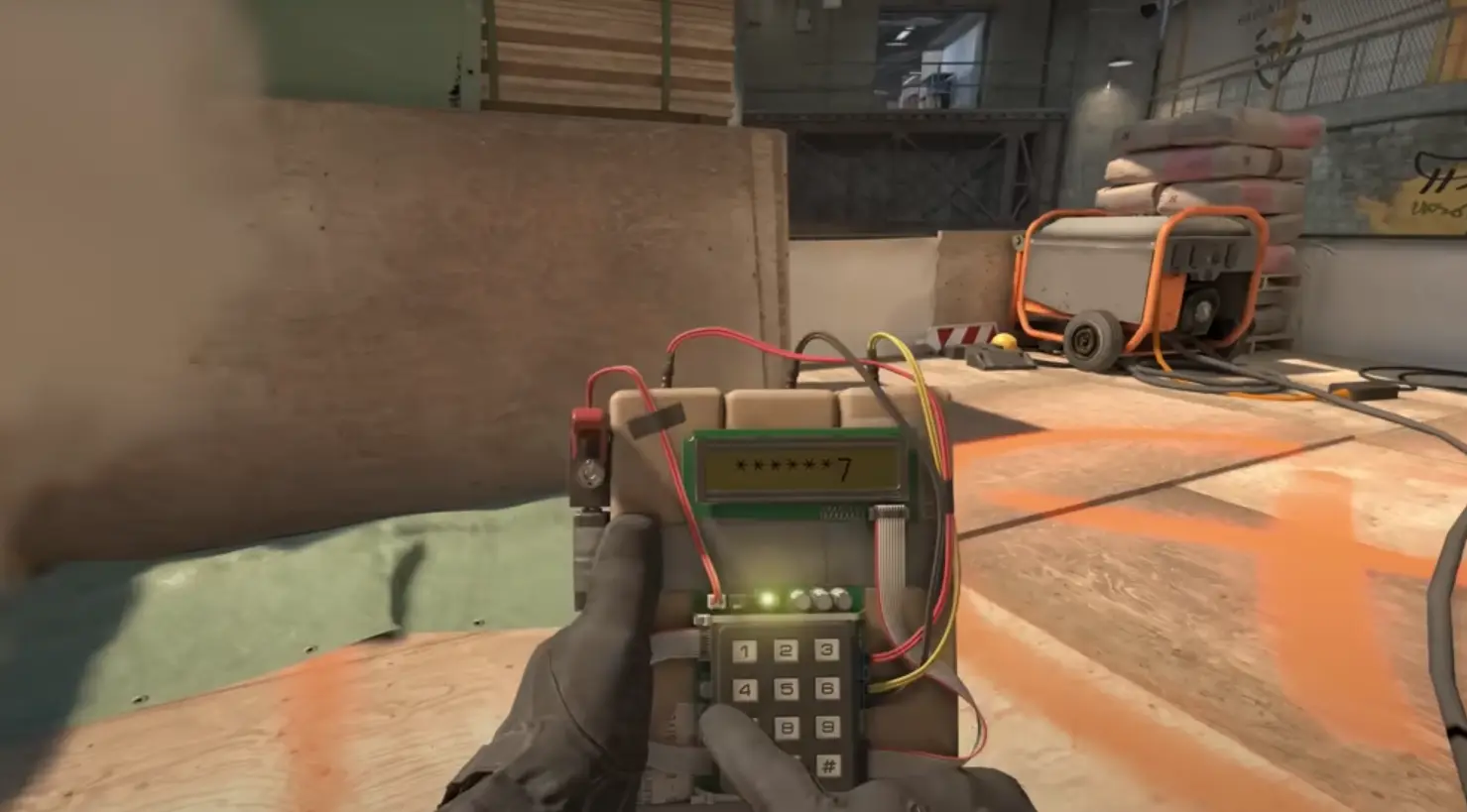
CS2 release date: Everything we know so far
Is it CS2-morrow? No, it is not.

